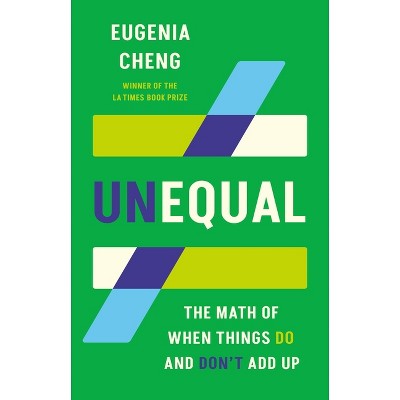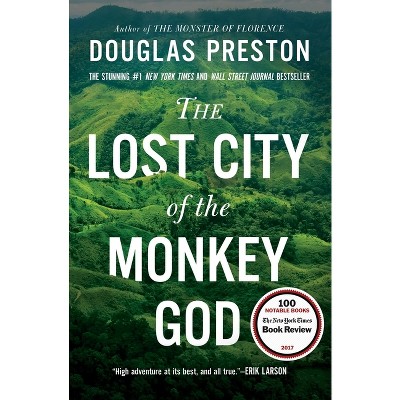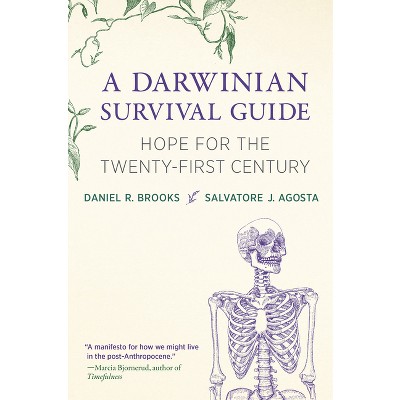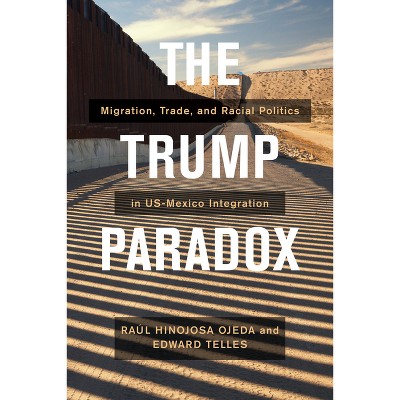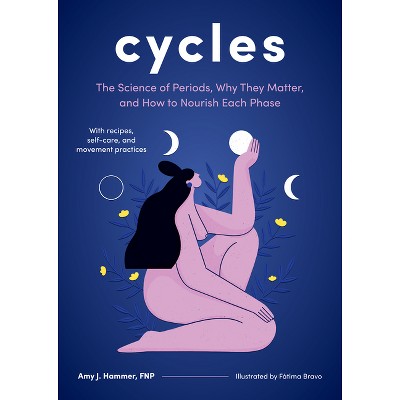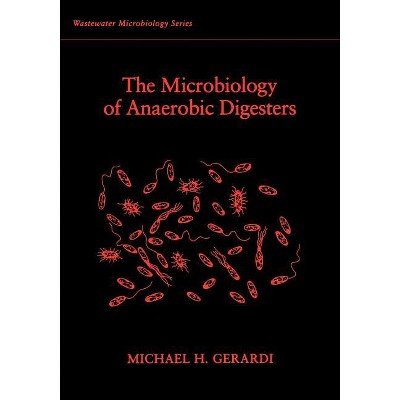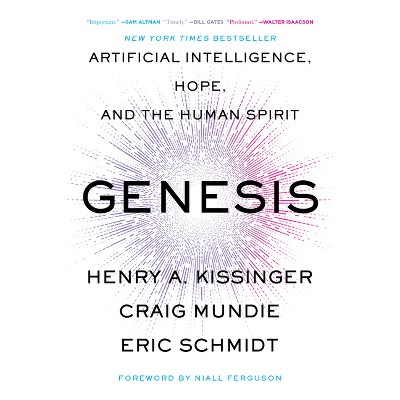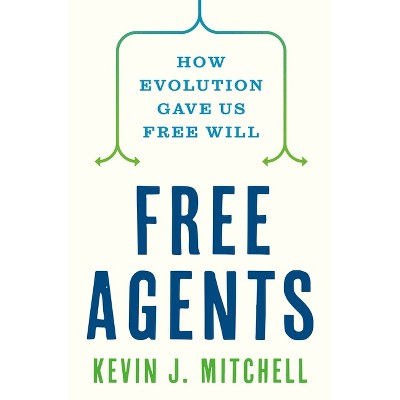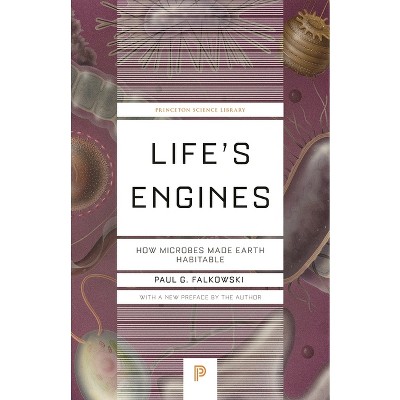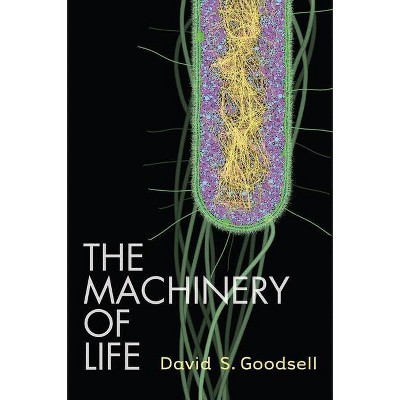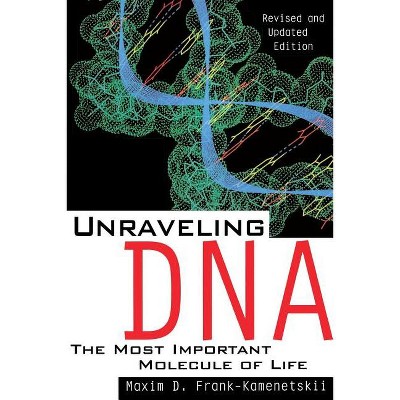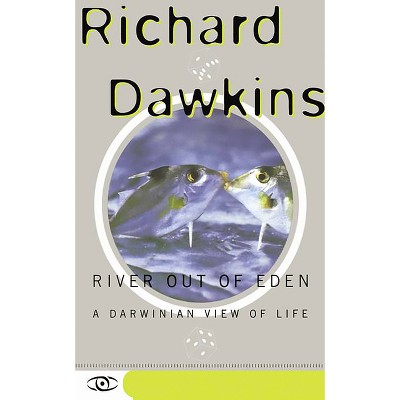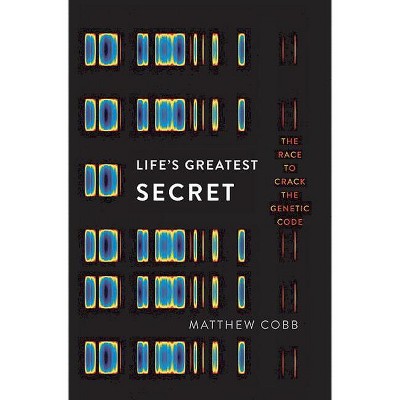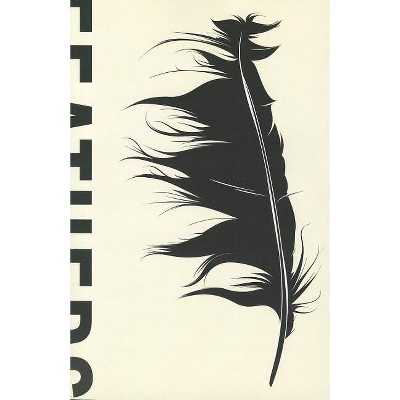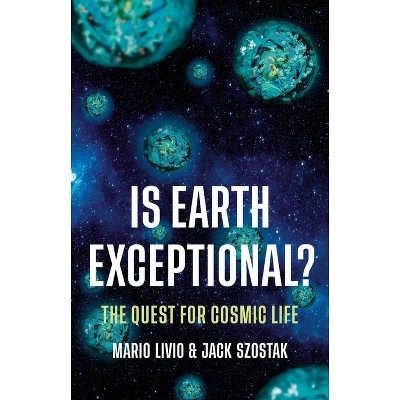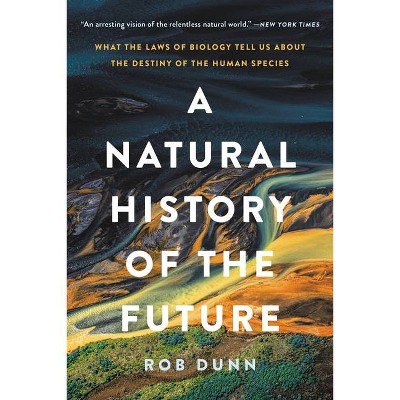Sponsored

The Master Builder - by Alfonso Martinez Arias (Hardcover)
In Stock
Sponsored
About this item
Highlights
- "An ingenious argument" (Kirkus) for a "novel thesis" (Publishers Weekly) that cells, not DNA, hold the key to understanding life's past and present What defines who we are?
- About the Author: Alfonso Martinez Arias is ICREA Research Professor in the department of systems bioengineering of the Universitat Pompeu Fabra in Barcelona.
- 352 Pages
- Science, Life Sciences
Description
About the Book
"What defines who we are? For decades, the biological answer has been our genes. In The Master Builder, leading biologist Alfonso Martinez Arias breaks with decades of scientific and popular tradition to make a bold argument: what defines us is our cells. Drawing on new research from his lab and others, Martinez Arias reveals that we are composed of a thrillingly complex, constantly rearranging symphony of cells that know how to count, feel, and ultimately give form to our bodies. While DNA is important, Richard Dawkins's vision of the selfish gene that controls everything is not a good description of how biology actually works. As Martinez Arias shows, nothing in your genes explains why your heart is on the left side of your body, why you have five fingers and not ten, or why genetically identical twins have different sets of fingerprints and why it's possible for a mother to apparently share no DNA with the children to whom she gave birth! At the heart of it all is not simply gee-whiz science, but a powerful new conception of the essence of life. Our identities are shaped not simply by our genes, but by the interconnections between all our cells, working as a sort of symphony-cooperative, and creating something greater than its parts could on their own-and the unbroken lineage of cells that connects us to the first fertilized egg from which we developed-and in turn, back through the billions of years of our planet's history, to the very first cell in the history of all life on Earth"--Book Synopsis
"An ingenious argument" (Kirkus) for a "novel thesis" (Publishers Weekly) that cells, not DNA, hold the key to understanding life's past and present
What defines who we are? For decades, the answer has seemed obvious: our genes, the "blueprint of life." In The Master Builder, biologist Alfonso Martinez Arias argues we've been missing the bigger picture. It's not our genes that define who we are, but our cells. While genes are important, nothing in our DNA explains why the heart is on the left side of the body, how many fingers we have, or even how our cells manage to reproduce. Drawing on new research from his own lab and others, Martinez Arias reveals that we are composed of a thrillingly intricate, constantly moving symphony of cells. Both their long lineage--stretching back to the very first cell--and their intricate interactions within our bodies today make us who we are.
Engaging and ambitious, The Master Builder will transform your understanding of our past, present, and future--as individuals and as a species.
Review Quotes
The Master Builder is a great read and an exciting introduction to developmental biology.--Mark Terry, The American Biology Teacher
"[A] revolutionary book on cell biology"--Nature
"Provocative... timely and needed. Highlights of the book include the many fascinating historical and evolutionary perspectives presented and Martinez Arias's discussion of key experiments." --Science Magazine
"Martinez Arias's novel thesis invigorates, and the lucid scientific discussions will hold readers' attention even through involved examinations of how cells respond to specific proteins. This is the perfect complement to Siddhartha Mukherjee's The Song of the Cell."--Publishers Weekly (Starred)
"The essence of science is that we never stop asking, do we see clearly, or have we fooled ourselves into certainty? In The Master Builder, we follow that question into the cell, where DNA is said to rule. What Alfonso Martinez Arias has found is much more interesting: cells themselves, which we inherited from a long line of ancestors stretching back to the earliest life, are at least as integral to creating who we are as the genes each carries. This book makes a new and stunning argument, not so much that we should put DNA in its place, but that we can see the grandeur of life as it truly is."--Azra Raza, author of The First Cell
"What came first, the chicken or the egg? In The Master Builder, Alfonso Martinez Arias poses a different question: what drives biology, genes or cells? His surprising answer shines new light on the fascinating riddle of development and offers a majestic cell's-eye view of life itself."--Lee Billings, author of Five Billion Years of Solitude
"An ingenious argument... A rich, detailed exploration of the vitality of cells."--Kirkus
"DNA is often claimed to be 'the master molecule, ' determining everything about us. DNA is now... in our cultural DNA. But in this masterful account, geneticist and developmental biologist Alfonso Martinez Arias shows that, on its own, DNA is powerless, inert. It needs a cell to work its wonders, and that cell is always interacting with the environment. This cell's-eye view of life is powerful and striking, helping to reveal why DNA is not the ultimate determinant of ourselves. Identical twins are not identical down to their fingerprints - fingerprints, handedness and many other characteristics are not genetically determined. This clearly explained, beautiful book will change how you think about DNA, about how you came to be, and about life itself."--Matthew Cobb, author of As Gods
"In The Master Builder, Alfonso Martinez Arias makes a timely, important and compelling case for why an understanding of living organisms must start with the cell. He offers a vision of life that shows it to be much more interesting and ingenious than any simplistic notion of genetic blueprints can provide."--Philip Ball, author of Critical Mass and The Book of Minds
About the Author
Alfonso Martinez Arias is ICREA Research Professor in the department of systems bioengineering of the Universitat Pompeu Fabra in Barcelona. The recipient of numerous awards, he is coauthor of the biology textbook Principles of Development, which was awarded the Royal Society of Biology book prize. He lives in Barcelona, Spain.
